Pétition contre le replanting du palmier à huille par la Socapalm
- RADD
- 25 November 2023
L'Association des Femmes Riveraines d'Edéa (AFRISE), au Caméroun, a recueilli 316 signatures de soutien dans sa lutte face à la Socapalm, du groupe Socfin
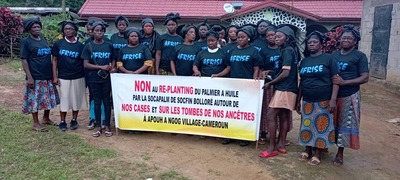
L'Association des Femmes Riveraines d'Edéa (AFRISE), au Caméroun, a recueilli 316 signatures de soutien dans sa lutte face à la Socapalm, du groupe Socfin

L'Association des Femmes Riveraines de la SOCAPALM Edéa (AFRISE) énumère leurs revendications, dans une lettre au Président de la République du Cameroun, suite à la violation de leurs droits par la SOCAPALM d’Edéa

The Association of Women Living Alongside Socapalm Edéa (AFRISE), whose rights have been violated by Socapalm in Edéa, take their demands to the President of Cameroon

Carta de la Asociación de mujeres de la zona vecina de Socapalm d’Edéa (AFRISE) al Presidente de la República de Camerún con sus reivindicaciones tras la violación de sus derechos por Socapalm en Edéa
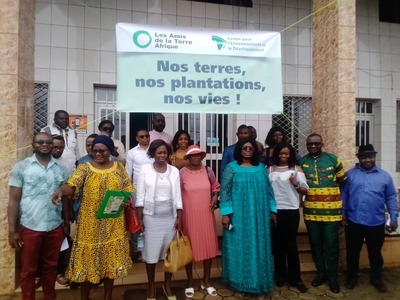
Les riverains accusent les mastodontes de l’agriculture extensive de spoliation de terre et leur mauvais traitement des riveraines.
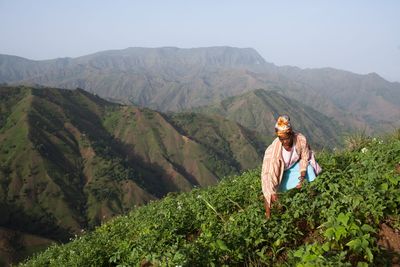
El acaparamiento de tierras en Haití hace que las mujeres sufran violaciones a los derechos ambientales y de las mujeres, y exacerba la vulnerabilidad climática.

Nous venons vous faire tenir ce jour du 21 septembre 2022, qui marque la journée internationale de la lutte contre les monocultures d'arbres, la déclaration contre la RSPO écrite à Edéa, lors de la rencontre natonale des femmes riveraine de monoculture du Cameroun.
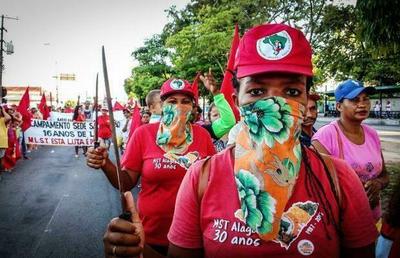
El proceso de extranjerización de las tierras partió de la conquista y colonización de America Latina. La lucha por el acceso a la tierra por parte de las mujeres campesinas es, en consecuencia, parte de la lucha anticapitalista, contra la privatización compulsiva producida por la conquista y la colonización, y frente a algunas reformas agrarias
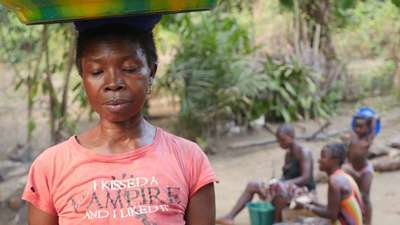
"Reducing the risk of land conflicts and offering opportunities for investments are critical for Sierra Leone," says the Bank's representative
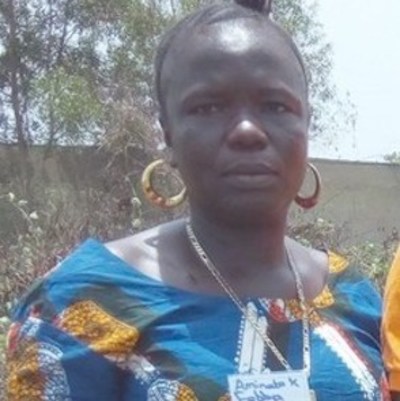
Aminata Fabba is the Chairlady of the Malen Affected Land Owners Association (MALOA), a farmer and a grassroots land rights defender in the southern provincial district of Pujehun. MALOA is a community movement resisting SOCFIN and other biofuel capitalists in Sierra Leone.
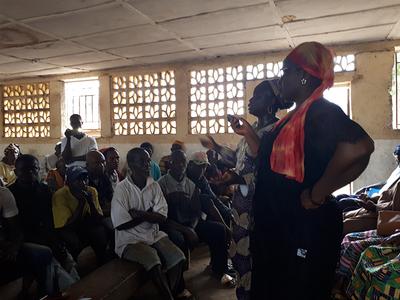
Aminata Massaquoi of the Informal Alliance Against Industrial Oil Palm Plantations in Africa speaks about the struggles of women in Sierra Leone opposed to the oil palm plantations of Socfin and other companies.
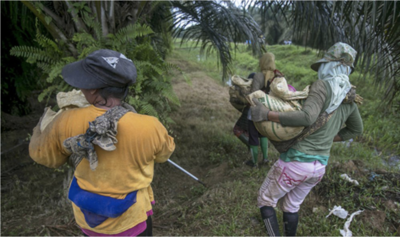
If the plantation model in itself is understood as a violent, destructive, structurally racist and patriarchal one, can corporate gender-specific policies do more than cover up this violence and destruction?

|
Obsolètes, les réformes agraires ?
|